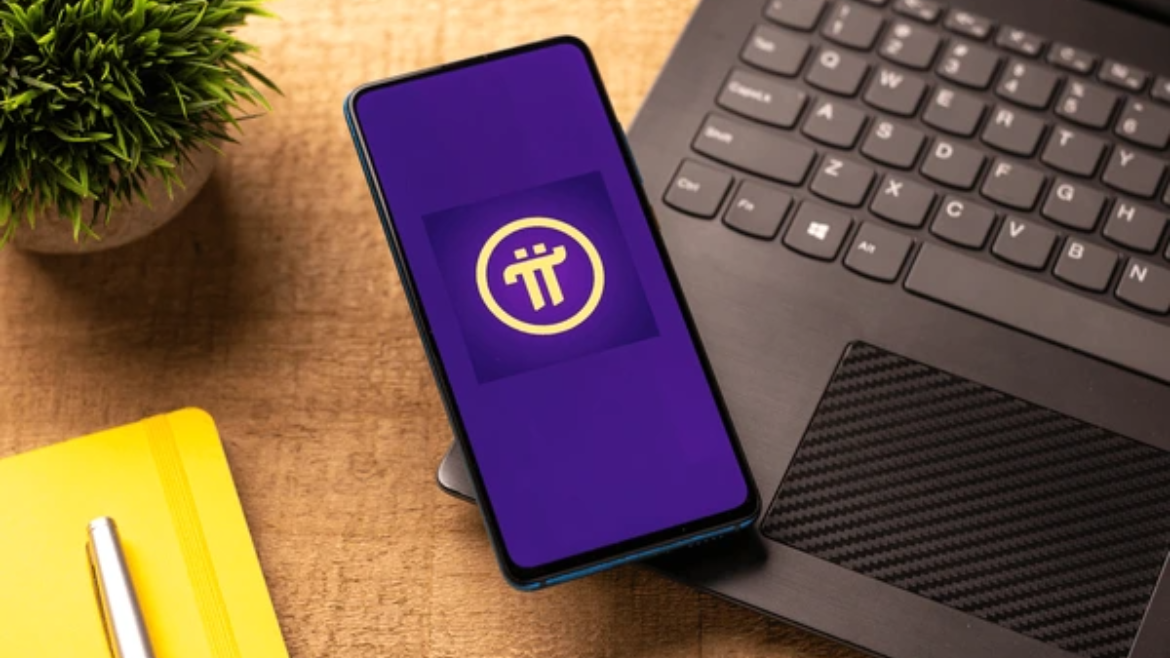Introduction
The story of BitBoy Crypto is one of rapid ascent, struggle for dominance, and stunning fall. As a once-trusted guide for millions of retail investors, Ben Armstrong—better known by his online persona, BitBoy Crypto—rose from early Bitcoin adopter to one of the most visible figures in the cryptocurrency world. Yet a series of controversies, legal battles, and regulatory actions unraveled both his brand and personal reputation. This blog post explores the full arc of Armstrong’s journey, from his first Bitcoin purchase to the collapse of his media empire, offering insights and lessons for aspiring influencers and crypto enthusiasts alike.
Early Beginnings: From Ministry Leadership to Bitcoin Pioneer
Before pursuing a career in digital marketing, Ben Armstrong, who was born in 1982, obtained a bachelor's degree in ministry leadership. In October 2012, he purchased his first 0.5 BTC at just $12.50 per coin—an early entry point that he later cited as his inspiration to “go all in on crypto” after missing out on subsequent Bitcoin gains. Before his crypto career, Armstrong ran Ben Armstrong Designs, providing marketing services to small businesses, including a rehabilitation center in Atlanta. These early experiences honed his promotional skills and prepared him for life as a content creator.
The Launch of BitBoy Crypto and Rapid Growth
In February 2018, Armstrong launched the BitBoy Crypto YouTube channel with a mission to “simplify blockchain and crypto for everyday investors.” He uploaded tutorials, market analyses, and token reviews aimed at beginners. His consistent posting schedule and gentle disposition encouraged ongoing development. By early 2022, the channel had surpassed 1 million subscribers, with monthly watch hours exceeding 1.5 million. At the same time, by September 2021, BitBoy Crypto had amassed 5 million followers on YouTube, Twitter, Instagram, and TikTok.
1. Beginner-Friendly Content
Clear explanations of blockchain concepts attracted newcomers.
2. Daily Market Updates
Regular videos ensured Armstrong maintained visibility and relevance.
3. Strategic Partnerships
Collaborations with Binance and other crypto projects amplified his reach.
Monetization and Revenue Streams
BitBoy Crypto’s success translated into significant revenue. Multiple income sources included:
1. YouTube Ad Revenue
With millions of views per video, ad impressions generated substantial earnings.
2. Sponsored Promotions
Armstrong charged $40,000 for YouTube ratings, $20,000 for Twitter mentions, and $10,000 for Telegram plugs, according to a leaked pricing card.
3. Meme Token Launch
In June 2023, he released his memecoin, BEN, which peaked at $0.000011 before plummeting over 85 percent by year’s end.
By 2022, Growjo estimated BitBoy Crypto’s annual revenue at $3.4 million, with a monthly peak of $500,000 earlier in the year. However, revenue declined sharply to roughly $50,000 per month by November 2023 following mounting controversies.
Controversies and Erosion of Trust
1. Promotional Integrity and “Rug Pull” Endorsements
Criticism surfaced in 2022 when blockchain researcher ZachXBT exposed undisclosed promotional deals tied to Armstrong’s content. Videos endorsing projects like DISTX, HEX, and SAFEMOON—later labeled scams by regulators—raised questions about his objectivity. Insider wallets moved 8 million SAFEMOON tokens after his endorsements, suggesting coordinated sales by insiders. Armstrong’s typical response was to delete videos of failed projects, leaving no trace of his prior recommendations.
2. The BEN Token Debacle
Armstrong’s memecoin, BEN, illustrated the risks of influencers launching tokens. After an initial spike, BEN’s value collapsed by over 85 percent within six months, with 12.3 million tokens sold off by early holders, per on-chain data from Nansen. This downturn diminished confidence in Armstrong’s brand.
Legal Battles and Regulatory Scrutiny
1. Defamation Lawsuit Against Atozy
In November 2021, fellow YouTuber Erling “Atozy” Mengshoel Jr. accused BitBoy Crypto of promoting scams without disclosure. Armstrong filed a $75,000 defamation suit against him. After community crowdfunding—including a $100,000 USDC donation from trader Cobie—Armstrong dropped the lawsuit, a public relations setback that highlighted growing distrust.
2. Corporate Disputes with Hit Network
Armstrong co-founded Hit Network, the parent company of BitBoy Crypto. In August 2023, he was ousted amid allegations of substance abuse and unprofessional conduct. He subsequently sued CEO T.J. Shedd Jr. and other executives for allegedly stealing his Lamborghini and diverting company assets. The dispute exposed internal fractures and damaged the brand’s credibility.
3. CFTC Subpoena and Fraud Probe
On July 16, 2024, the U.S. Commodity Futures Trading Commission issued a subpoena to Hit Network investigating potential fraud in 15 tokens—including BEN—promoted under Armstrong’s influence. While Armstrong’s name was not explicitly mentioned, the probe underscored regulatory concerns about influencer-led token promotions.
4. Arrests and Criminal Charges
Armstrong’s legal troubles culminated in two notable arrests:
September 2023
Arrested for loitering/prowling during a livestream confrontation over his Lamborghini.
March 25, 2025
Taken into custody by Volusia County authorities on two felony counts for written threats against Judge Kimberly Childs of Cobb County, Georgia. Each charge carries 5–10 years in prison. A psychiatric evaluation has delayed his bail hearing.
The Collapse of BitBoy Crypto and Aftermath
Following his removal from Hit Network and mounting legal woes, the original BitBoy Crypto channel was rebranded as Discover Crypto under new management. Armstrong launched new social channels but garnered only about 126,000 followers as of mid-2025—far below his previous million-plus subscriber base. His recent videos attract a few thousand views at best, reflecting the eroded trust and diminished influence he once commanded.
1. Lessons Learned
Ben Armstrong's story provides investors and content producers with important lessons:
Transparency Is Paramount
Undisclosed promotions erode audience trust faster than any market downturn.
Diversify Risk
Building a personal brand solely on volatile token promotions can backfire.
Regulatory Compliance Matters
Influencers must understand legal obligations when discussing financial instruments.
Personal Conduct Impacts Brand
Professional behavior and accountability sustain credibility over time.
Frequently Asked Questions
1. Who is Ben Armstrong, also known as BitBoy Crypto?
Ben Armstrong is a U.S. digital marketer turned cryptocurrency influencer. He launched the BitBoy Crypto YouTube channel in 2018 to provide beginner-friendly crypto education.
2. How did BitBoy Crypto gain popularity?
Armstrong’s clear explanations, daily market updates, and strategic partnerships—especially with Binance—helped BitBoy Crypto surpass 1 million subscribers by early 2022 and reach over 5 million followers across all platforms by 2021.
3. What controversies surrounded BitBoy Crypto?
Controversies included undisclosed paid promotions, endorsements of projects that collapsed (e.g., DISTX, HEX, SAFEMOON), and the launch of his memecoin BEN, which lost over 85 percent of its value within months.
4. What legal actions did Ben Armstrong face?
Armstrong filed and dropped a defamation lawsuit against Atozy in 2021, sued Hit Network executives in 2023 over corporate disputes, faced a CFTC subpoena in 2024, and was arrested in March 2025 on felony charges for written threats to a judge.
5. What led to the downfall of the BitBoy Crypto brand?
A combination of promotional integrity issues, failed token promotions, internal corporate disputes, regulatory investigations, and criminal charges eroded Armstrong’s credibility and audience trust, leading to the rebranding of his channel and loss of followers.
6. Is BitBoy Crypto still active?
While Armstrong maintains new social channels, his reach has declined sharply. The original BitBoy Crypto channel now operates as Discover Crypto under different management.
7. What lessons can aspiring crypto influencers learn from this story?
Key lessons include maintaining transparency, understanding regulatory compliance, avoiding overreliance on paid promotions, and upholding professional conduct to preserve long-term credibility.
Disclaimer
Developed through a blend of expert research and AI technology, this content is designed to provide you with the most up-to-date and relevant information. Each detail has been meticulously checked for accuracy and usefulness. We hope this article serves as a valuable guide on your path to knowledge.
Wishing you an enlightening and enjoyable read!














0 Comments